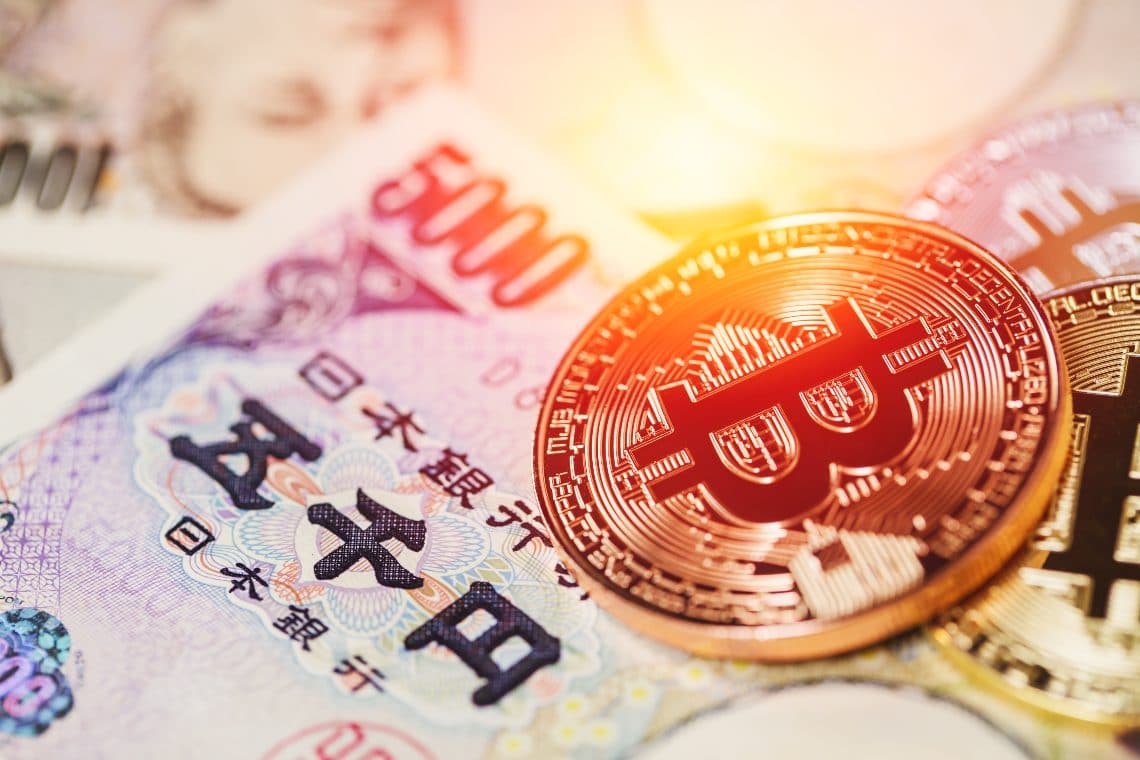In an attempt to curb illicit activities and strengthen consumer protection in the thriving crypto market, the Financial Services Agency (FSA) of Japan has issued guidelines urging financial institutions to enhance monitoring of “illegal” transfers to cryptocurrency providers.
Summary
Japan’s attempt to curb illegal activities in the crypto sector
This move comes in response to the results of the National Police Agency, which highlighted the prevalent use of cryptocurrencies in specialized fraud schemes involving illicit money transfers.
The proactive position of the FSA highlights the evolution of the regulatory landscape surrounding digital assets in one of the world’s leading cryptographic markets.
The FSA guide emphasizes the importance of robust measures to safeguard users and mitigate the risks associated with transfers to crypto-asset exchange service providers.
In particular, financial institutions are invited to exercise greater control when processing transactions in which the sender’s name differs from that of the account, a precautionary measure aimed at combating identity theft and money laundering schemes.
However, the broad language of the directive has raised concerns among industry observers, raising doubts about its potential impact on legitimate peer-to-peer transfers.
Critics argue that the FSA’s recommendation, despite having good intentions, risks inadvertently stifling certain forms of cryptocurrency transactions, including peer-to-peer transfers between individuals.
By imposing stringent requirements on account verification, there is a possibility of inadvertently hindering legitimate transactions, undermining the efficiency and accessibility of cryptocurrency markets.
Finding a balance between regulatory oversight and promoting innovation remains a perennial challenge for authorities navigating the complex landscape of digital assets.
Steps towards opening up to the cryptographic sector
Despite regulatory scrutiny, the position of Japan towards cryptocurrencies is not entirely adverse. In a significant development, the government has recently approved revisions to the tax regime, signaling a more nuanced approach to cryptocurrency taxation.
According to the new regulatory framework, which is expected to be implemented by 2024, companies may be exempt from paying taxes on unrealized gains from long-term cryptocurrency holdings.
This forward-thinking political shift reflects the recognition of the transformative potential of blockchain technology and seeks to incentivize investments in digital assets, while ensuring compliance with tax obligations.
The proactive measures of the FSA are in line with broader efforts to improve transparency and integrity in the Japanese cryptocurrency ecosystem.
With the proliferation of digital assets and the emergence of innovative financial instruments, regulatory authorities must tackle the formidable task of safeguarding the interests of investors without stifling innovation.
By promoting better monitoring mechanisms and strengthening user protection protocols, the FSA aims to instill confidence in the integrity of cryptocurrency markets and mitigate the risks associated with illicit activities.
At the center of the FSA’s regulatory approach is the concept of risk-based supervision, which supports the need for tailored supervision measures, commensurate with the inherent risks posed by different types of transactions.
Recognizing the dynamic nature of the cryptocurrency landscape, regulatory authorities are increasingly embracing agile structures that adapt to evolving market dynamics and emerging threats.
This iterative approach allows regulatory authorities to keep up with emerging risks, while also promoting an environment conducive to responsible innovation.
Conclusions
The FSA guidelines emphasize the imperative of collaboration between regulatory authorities, financial institutions, and industry stakeholders to effectively address the multiple challenges posed by cryptocurrencies.
By promoting a trusted and responsible ecosystem, Japan seeks to position itself as a global leader in responsible regulation of cryptocurrencies, balancing the imperatives of consumer protection and innovation promotion.
In this way, Japan intends to exploit the transformation potential of blockchain technology, while safeguarding the integrity of its financial system.
In perspective, the regulatory landscape surrounding cryptocurrencies is destined to further evolve, as stakeholders find themselves managing the complex interaction between innovation and regulation.
As the adoption of digital assets continues to gain momentum globally, regulatory authorities must find a delicate balance between promoting innovation and mitigating risks, ensuring that the benefits of crypto technology are realized while safeguarding against potential abuses.
The proactive approach of Japan testifies to the growing recognition of the importance of cryptocurrencies and the imperative of regulatory frameworks that promote responsible growth and sustainability of the digital asset ecosystem.




